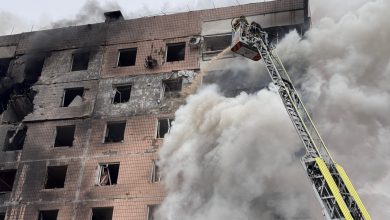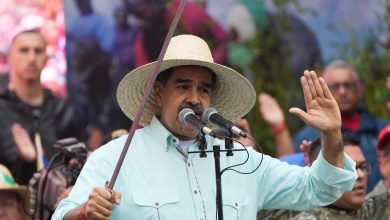United Nations Secretary-General António Guterres has submitted his annual report on Western Sahara to the 80th session of the General Assembly, in line with Resolution 79/98 adopted in December 2024. The report once again frames the conflict squarely as a decolonization issue, stressing that the Sahrawi people retain their inalienable right to self-determination and underscoring the international community’s responsibility to ensure its fulfillment.
While the Security Council continues to treat the question as a matter of peace and security, Guterres reminded member states that the General Assembly and its specialized committees regard Western Sahara as a case of unfinished decolonization. This classification has long unsettled Morocco, which has sought to portray the dispute as a bilateral territorial disagreement.
Washington’s Silence Frustrates Rabat
One of the report’s most striking elements was its complete omission of the United States. Guterres made no reference either to the Trump administration’s recognition of Morocco’s claimed “sovereignty” over the territory, or to Washington’s current policy. Analysts interpret this silence as a deliberate message: that the UN does not recognize the legitimacy of unilateral declarations. For Morocco, which has repeatedly brandished U.S. backing as political leverage, the omission was deeply embarrassing.
International law scholar Dr. Rachid Bouziane argued that “the Secretary-General’s silence reflects the UN’s commitment to its legal framework and its rejection of attempts to override Security Council and General Assembly resolutions.” Spanish researcher Inma Rodríguez added that “silence in this case speaks louder than words — it strips Morocco of the diplomatic cover it has tried to claim.”
Documenting Moroccan Military Violations
The report also detailed ongoing field tensions, citing an incident in which Moroccan forces launched a projectile that landed near a MINURSO site in liberated Tifariti. It further noted airstrikes that killed civilians of various nationalities. These findings contradict Rabat’s official narrative that “no war exists” and reinforce the reality that the 1991 ceasefire effectively collapsed in November 2020 following Morocco’s breach at Guerguerat.
French security analyst Gilles Dupont remarked that “the inclusion of these events in a UN report amounts to official documentation of a state of war — a highly uncomfortable reality for Morocco on the international stage.”
European Court Rulings Deepen Morocco’s Isolation
Guterres highlighted two October 2024 rulings by the European Court of Justice that struck down EU–Morocco trade agreements for failing to secure Sahrawi consent, a violation of the right to self-determination. These judgments, which bolster the Polisario Front’s legal standing, further undermine Morocco’s position in any future negotiations.
Ongoing Human Rights Abuses
The report condemned Morocco’s systematic denial of access to the Office of the UN High Commissioner for Human Rights since 2015, as well as restrictions on civil liberties and the repression of peaceful pro-independence demonstrations.
It also drew attention to the plight of Sahrawi political prisoners, particularly the Gdeim Izik group, who remain in dire conditions marked by allegations of torture, medical neglect, and prolonged isolation.
Sahrawi activist Ali Salem Tamek stressed that the findings “shine a light on a grim reality ignored by much of the Western media, where civil society is silenced and entire communities are held under siege.”
Half a Century Without Resolution
In conclusion, Guterres voiced deep concern over the persistence of the conflict as it nears its 50th anniversary. He reiterated his call for a political solution that is “just, lasting, and mutually acceptable,” and that guarantees the Sahrawi people’s right to self-determination.
By reaffirming the decolonization framework, documenting Moroccan violations, and omitting any validation of Washington’s position, the UN report delivers a fresh diplomatic setback for Morocco and reinforces that Western Sahara remains, at its core, the last major unfinished decolonization question in Africa.




